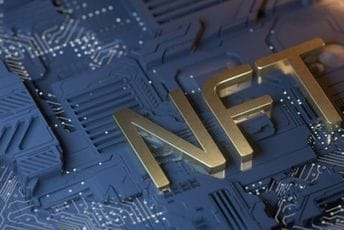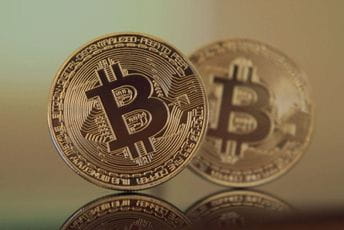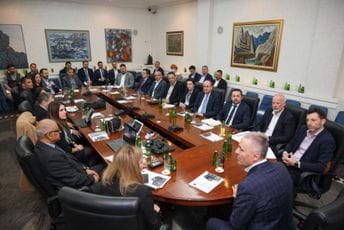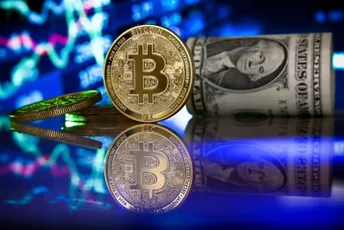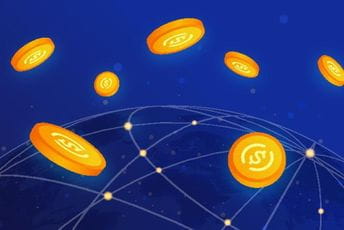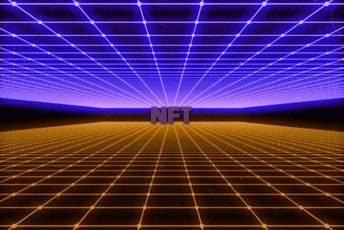The version of this article in Montenegrin is available here.
There are many things that could be remembered in 2021, but there is only one phenomenon that we may not call a repeat showing or a variation on the theme of something that humanity has already experienced.
There have been so much political turmoil, so many protests, conflicts, pandemics, crises, inflation, expensive oil, and worthless money that rules of conduct have already been established in the circumstances in which they are recognized, as well as the laws that indicate their further course and ways to mitigate the impact of their presence.
What cannot be compared with something that has been seen already is the NFT world. The sale and purchase of digital objects – from great works of art in the electronic form to collections of sounds and graphics – have finally closed the circle of questions between the world of art and the world of financial technology.
To understand the philosophy behind non-fungible tokens, which we may call irreplaceable if we would like to understand the name hidden behind a three-letter abbreviation that we could rightly call the only original phenomenon in 2021, it is enough to notice the paradigm shift that followed the advent of digital money and blockchain.
Viewed exclusively from the artistic point of view, NFTs restore power to creators and give importance to originality
It is a structured set of data stored on the blockchain – a decentralized and reliable platform for storing and distributing information. The irreplaceability of NFT assets is reflected in the fact that, unlike digital coins, which will always be exchangeable for another coin of the same value, there is no possibility of such exchange, thanks to which such uniqueness encourages the exchange for the money. When you buy NFT you do not become the owner of a particular work of art, but the data that proves you own it.
NFT as a concept and technological solution has existed for years, the technology on which they are based even longer, but in 2021 there was a growth in their popularity and a revolution, not only in the world of asset exchange but also in the way art is experienced.
While the change it brings to all the worlds through which NFT is pervasive is an indication that its impact on our lives may not be as great as the introduction of the internet, but no less than that of, say, the arrival of smartphones.
What has undoubtedly attracted the most attention this year are the prices at which NFTs are being sold. As in any correlation on the market, everything costs as much as someone is willing to pay for. The reason for the astonishment is not only the frequent ignorance of basic market principles but also the inability of the world of traditional art to face the digital revolution.
Viewed exclusively from the artistic point of view, NFTs restore power to creators and give importance to originality. Therefore, while in the fintech sense it is a completely different concept and experience of an asset in relation to the way it has been known so far, from the aspect of art one can only speak of a true return to what it really is.
One should not think that every NFT is related to art, because in this form sound can be sold, written thought or viral internet content, expressed openness or image improved, but NFT which is a work of art gets a chance to participate in the global financial movement in a way that this single year has done more for global creativity than in the previous few decades.
* * * * *
This content was brought to you by VISA, the global leader in digital payments, whose mission is to connect the world with an innovative and secure payment network to enable individuals, businesses, and economies to grow.
Visa is the general partner of the Fintechlopedia project, an electronic glossary containing all relevant elements of digital transactions and related phenomena, situations, processes, and innovations.
